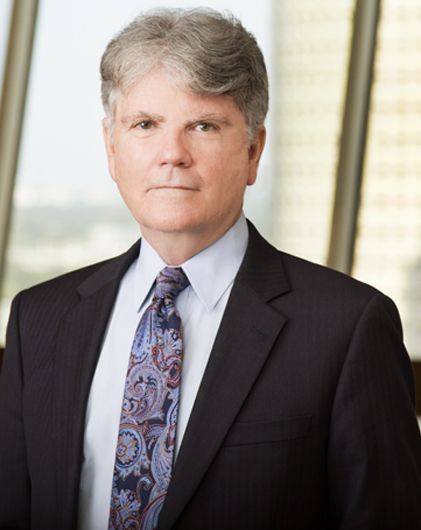In a Move Against Modern Legal Trends, Eleventh Circuit Rejects "Incentive Payment" for Class Representative
When class-action cases are settled, the lead plaintiffs (generally called class representatives) routinely receive a “service award” or “incentive payment” for their role in prosecuting the lawsuit on behalf of the class. Such awards often total a few thousand dollars and are paid from the aggregate sum that defendants pay to resolve the actions. On Sept. 17, the 11th U.S. Circuit Court of Appeals issued a decision that appears to put an end to such awards, at least in the 11th Circuit.
The plaintiff in the case filed a class action against defendant NPAS Solutions, LLC, in the Southern District of Florida, claiming it violated the Telephone Consumer Protection Act. Less than eight months after the case began, the parties entered into and sought court approval of a tentative settlement. The proposed settlement provided for a $6,000 “incentive payment” to the lead plaintiff for pursuing the case on behalf of the class. One class member objected, challenging the incentive payment and other aspects of the settlement. After the district court approved the settlement, including the incentive payment, the objector appealed.
On appeal, the objector contended that the incentive payment was barred by two Supreme Court rulings from the 1880s: Trustees v. Greenough and Central Railroad & Banking Co. v. Pettus. In both, the Supreme Court ruled that the plaintiff could not be compensated for personal services and private expenses.
Even though courts have routinely approved these awards over the last century, the 11th Circuit held that the Greenough and Pettus decisions prohibit any award that compensates class representatives for time spent or rewards them for bringing the class lawsuit. The court stated:
Although it’s true that such awards are commonplace in modern class-action litigation, that doesn’t make them lawful, and it doesn’t free us to ignore Supreme Court precedent forbidding them. If the Supreme Court wants to overrule Greenough and Pettus, that’s its prerogative. Likewise, if either the Rules Committee or Congress doesn’t like the result we’ve reached, they are free to amend Rule 23 or to provide for incentive awards by statute. But as matters stand now, we find ourselves constrained to reverse the district court’s approval of Johnson’s $6,000 award.
Whether federal courts in other circuits will take the same path remains to be seen. But in the 11th Circuit, service or incentive awards for class representatives now appear to be barred pending subsequent action by the Supreme Court, the Rules Committee or Congress. Yet to be determined is what effect, if any, this decision might have on the willingness of individuals to serve as class representatives if they cannot be compensated for their time and effort. The dissenting judge cautioned that potential plaintiffs will be less willing to assume the role of class representative in light of the majority’s decision. In any event, it’s clear that the case could have a significant impact on future class-action litigation, especially if courts in other circuits follow its lead.
Stay tuned for further developments. Please contact Mike Hooker, Guy McConnell or any other member of Phelps’ Litigation team if you have questions or need compliance advice and guidance.


